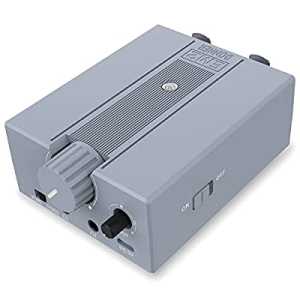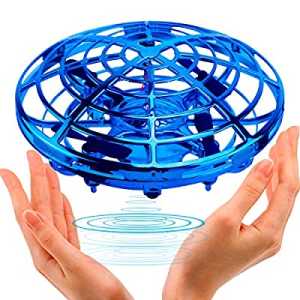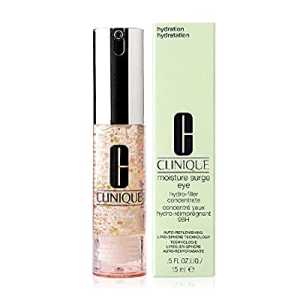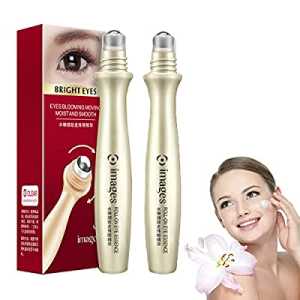
The Importance Of Regular Heart Screenings And Check-ups
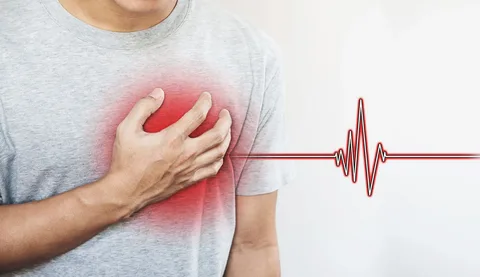
Have you ever wondered how crucial it is to keep tabs on your heart's health? Heart diseases are becoming increasingly common, making it vital to prioritize regular heart screenings and check-ups. Let's delve into why these screenings are essential for everyone. If you are looking for a cardiovascular doctor in Seawoods do consider Dr. Kalkekar's CURA Advanced Cardiac Clinic for an effective solution for your heart.
What Are Heart Screenings?
Heart screenings involve various tests and evaluations to assess the health of your heart. These tests can detect potential issues, allowing for early intervention and prevention of severe heart conditions.
The Growing Need for Heart Check-ups
With the rising prevalence of heart diseases globally, regular heart check-ups have become more critical than ever. Lifestyle factors, stress, and genetic predispositions contribute to the growing need for preventive heart care.
Benefits of Regular Heart Screenings
Early Detection
Early detection of heart issues can be life-saving. Regular screenings can identify abnormalities or risks early on, enabling timely treatment and better outcomes.
Prevention of Heart Diseases
Screenings help in identifying risk factors and lifestyle habits that can lead to heart diseases. By recognizing these factors, individuals can make informed decisions to modify their lifestyle and reduce their risk.
Monitoring Heart Health
For individuals with existing heart conditions, regular screenings help monitor the effectiveness of treatments and identify any changes in heart health over time.
Who Should Get Regular Heart Screenings?
Age Group Considerations
While heart diseases can affect people of all ages, individuals aged 40 and above are generally advised to undergo regular heart screenings. Younger individuals with risk factors should also consider screenings.
Risk Factors
Factors like high blood pressure, diabetes, obesity, smoking, and a family history of heart diseases increase the risk of heart problems. People with these risk factors should prioritize regular heart check-ups.
Types of Heart Screenings
Electrocardiogram (ECG)
An ECG measures the electrical activity of the heart, providing insights into heart rhythm and detecting irregularities.
Echocardiogram
An echocardiogram uses sound waves to create detailed images of the heart, helping in evaluating heart structure and function.
Stress Test
A stress test evaluates the heart's performance during physical activity, identifying any abnormalities that may not be evident at rest.
How Often Should You Get Screened?
The frequency of heart screenings depends on individual risk factors and age. Generally, annual screenings are recommended for individuals aged 40 and above or those with risk factors.
Conclusion
Regular heart screenings and check-ups play a pivotal role in maintaining heart health. By prioritizing these screenings, individuals can detect and manage heart issues effectively, leading to a healthier and longer life.
FAQs
Q: How do heart screenings help in preventing heart diseases?
Heart screenings identify risk factors and abnormalities early on, enabling timely interventions and lifestyle modifications to prevent heart diseases.
Q: Who should consider getting regular heart screenings?
Individuals aged 40 and above, or those with risk factors like high blood pressure, diabetes, and obesity, should prioritize regular heart check-ups.
Q: What types of heart screenings are available?
Common heart screenings include Electrocardiogram (ECG), Echocardiogram, and Stress Test, among others.
Q: How often should I undergo heart screenings?
The frequency of screenings depends on individual risk factors and age, with annual screenings generally recommended for those aged 40 and above or with risk factors.
Q: Are heart screenings covered by insurance?
Many insurance plans cover preventive heart screenings, but coverage may vary. It's essential to check with your insurance provider regarding coverage details.
Author Bio
Article Comments
No Comments!
At present there are zero comments on this article.
Why not be the first to make a comment?
Similar Articles
Search Pages
Upgrade User Account
account to full use of editor,
including hyperlinks
Article Categories
There are zero sub-categories in this parent category.
There are zero sub-categories in this parent category.




